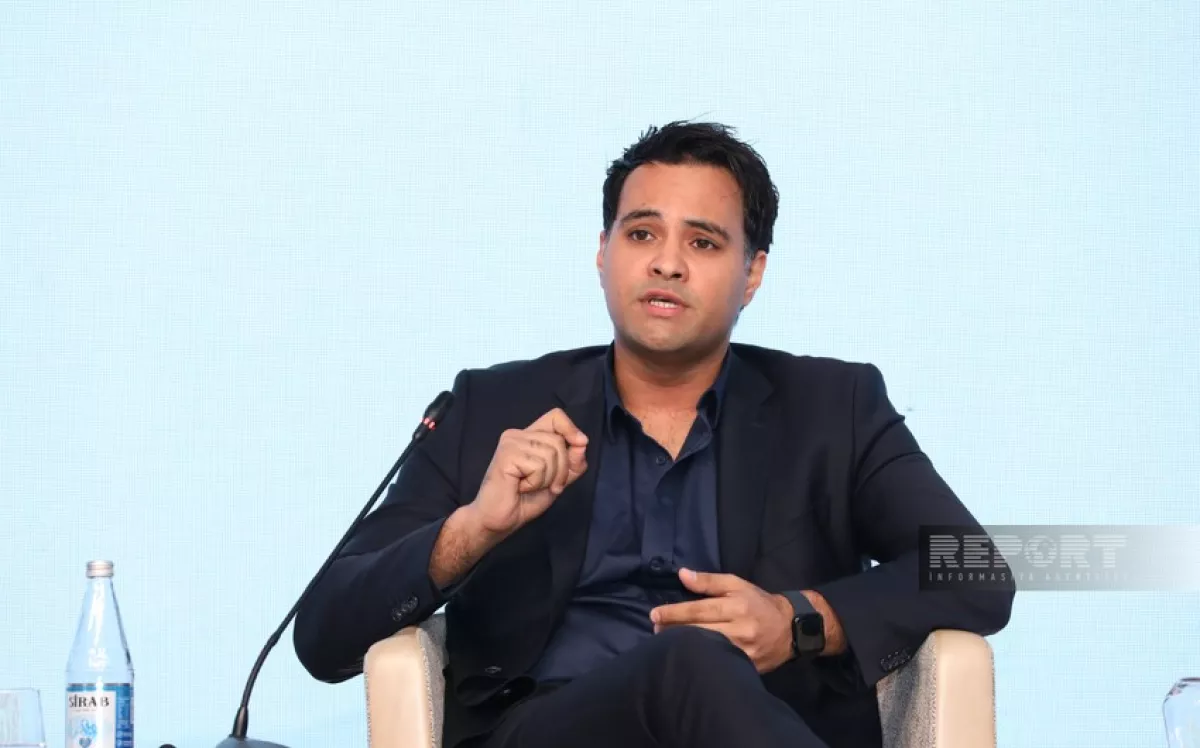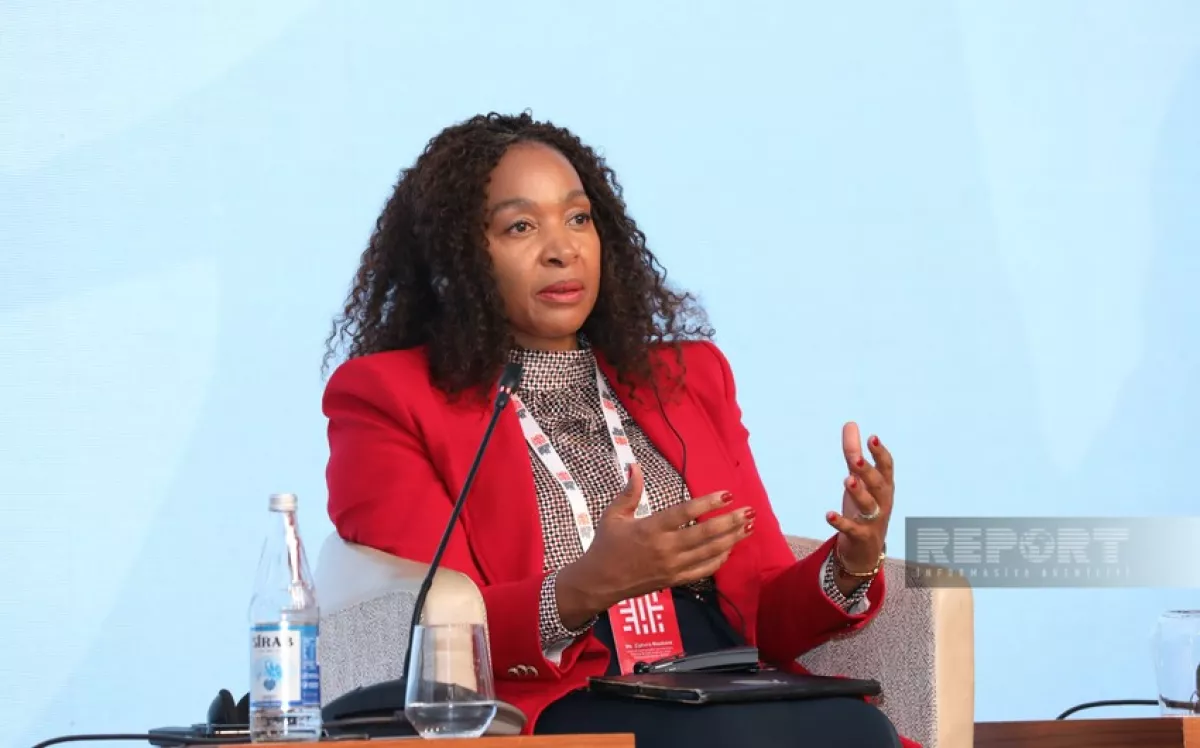Journalists highlight urgent need for fact verification, media literacy At Shusha Forum
The 3rd Global Media Forum in Shusha has brought renewed focus to the pressing challenges facing modern journalism, as prominent media professionals urged for greater responsibility, both from journalists and public leaders, in the age of digital misinformation.
Speaking at the forum, Jaffar Hasnain, journalist and anchor at TRT World, underscored the crucial role of source verification in upholding journalistic standards, Caliber.Az reports local media.

He voiced concern over the growing number of so-called “social media journalists” who bypass traditional verification processes and rush to share unconfirmed content online.
“They get their news from platforms like X or Instagram and immediately share it with their audience. But in most cases, the information spread through social media turns out to be inaccurate. We've already seen many examples of this in the past,” Hasnain said.
He warned that journalism cannot be reduced to simply owning a smartphone and having access to social platforms.
“Yes, you may have a phone and call yourself a journalist. But journalism is much more than that. It involves a complex and important process and requires an understanding of how the media industry works,” he added.
Hasnain stressed that professional journalists must follow a rigorous process of verifying facts before publishing any material, especially in a media landscape where misinformation spreads faster than ever.
Echoing similar concerns, Zipporah Maubane, Head of the Communication and Advocacy Division in the Office of the Director-General at the African Union Development Agency, highlighted that media literacy is not only essential for journalists but also for leaders in both public and private sectors.

“Leaders are among the most active users of online media platforms. That’s why they must bear the same responsibility for disseminating accurate information as journalists do,” she noted.
Maubane emphasised that media literacy is not a uniform skill but varies depending on the target audience.
“It is crucial to understand the entire media literacy ecosystem. This skill will differ for citizens, leaders, officials, and rural populations. It’s not just about the media spreading the truth—it’s also about people being able to distinguish fake news from quality journalism,” she said.
She also drew attention to the speed at which information flows online and the need for institutional mechanisms to ensure timely communication.
“To ensure that information reaches people on time, we must respond without delay. If there’s an information vacuum, it will quickly be filled with speculation and guesswork. This can harm the reputation of both private companies and public institutions,” Maubane stressed.
The forum, which gathers international journalists, media experts, and policymakers in the historic city of Shusha, continues to explore the evolving role of media in a rapidly changing information landscape.








